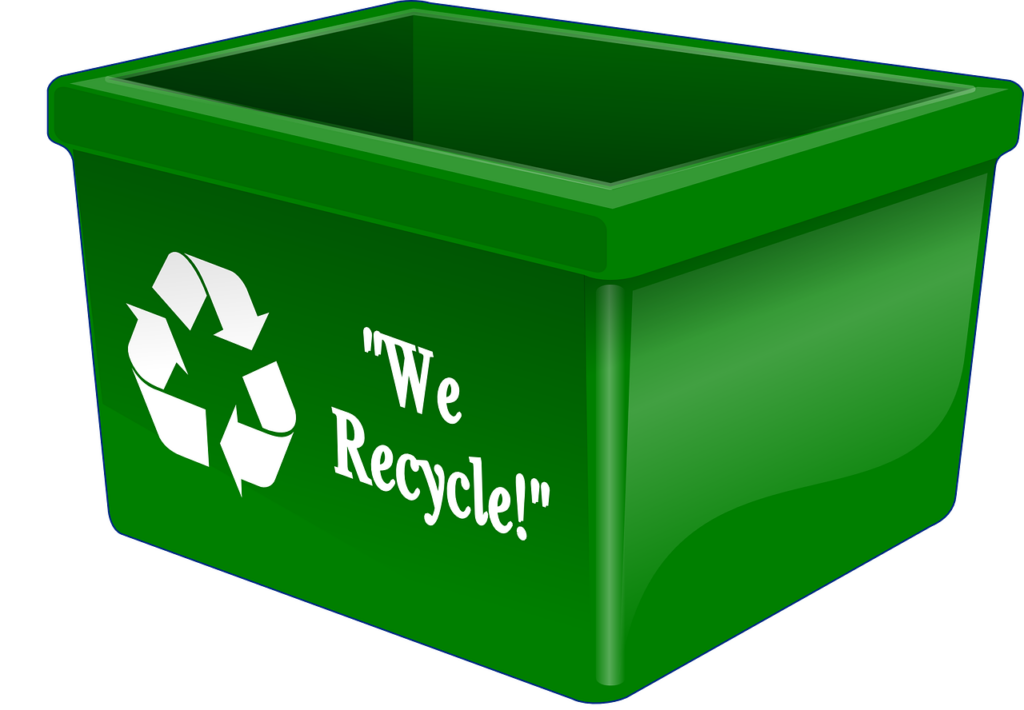Introduction:
The skip bin waste and recycling industry in Melbourne plays a crucial role in managing waste efficiently and reducing the environmental impact of construction and demolition activities. However, this sector is facing a host of challenges that are impacting its operations. From rising tipping fees to shrinking landfill options for construction and demolition debris, the industry is at a crossroads. In this article, we will delve into some of the most pressing challenges that Melbourne’s skip bin waste and recycling industry is currently grappling with.
- Escalating Tipping Fees:
Tipping fees, the costs associated with depositing waste at landfills or transfer stations, have been on the rise in Melbourne. This poses a significant financial burden on skip bin companies. These escalating fees cut into their profit margins, making waste management less economically viable for both businesses and residents.
- Limited Landfill Space for Construction and Demolition Debris:
Melbourne has witnessed a reduction in available landfill space for construction and demolition waste. Some landfills are no longer accepting such materials due to environmental concerns and the desire to preserve finite landfill space for non-recyclable waste. This scarcity of disposal sites is forcing the industry to find alternative solutions.
- Regulatory Challenges:
The waste management industry operates in a complex regulatory environment. Compliance with evolving environmental regulations and standards requires substantial investment in equipment, training, and procedures. Failure to meet these standards can result in penalties and damage to a company’s reputation.
- Recycling Contamination:
Contamination of recyclable materials remains a significant issue. Non-recyclables, such as plastic bags, hazardous materials, and incorrect sorting, can diminish the quality and value of recovered materials. Skip bin companies face the challenge of educating the public and improving the sorting process to minimize contamination.
- Environmental Impact:
The environmental impact of the waste and recycling industry is a growing concern. Emissions from waste collection and transportation vehicles contribute to air pollution, while landfilling generates harmful greenhouse gases. Companies are under increasing pressure to adopt sustainable practices, reduce emissions, and invest in eco-friendly technologies.
- Shifting Consumer Expectations:
As environmental awareness grows, consumers are increasingly demanding sustainable waste management practices. Skip bin companies must respond to these evolving expectations by adopting greener technologies, implementing efficient recycling systems, and improving overall sustainability.
- Cost of Equipment and Technology:
Investing in modern waste management equipment and technology can be expensive. Companies must continually update their fleets to meet regulatory requirements and improve efficiency. This financial burden can be challenging for smaller businesses in the industry.
- Labor Shortages:
Skilled labor is vital for the industry’s smooth operation. However, skip bin companies are struggling to find and retain qualified drivers, sorters, and maintenance personnel, contributing to operational challenges.
Conclusion:
Melbourne’s skip bin waste and recycling industry faces numerous challenges, from rising tipping fees to diminishing landfill options for construction and demolition debris. To overcome these hurdles, the industry must adapt by investing in sustainable practices, addressing environmental concerns, and educating the public on responsible waste management. As the industry evolves and responds to these challenges, it has an opportunity to become a more environmentally friendly and economically sustainable sector in the future.



